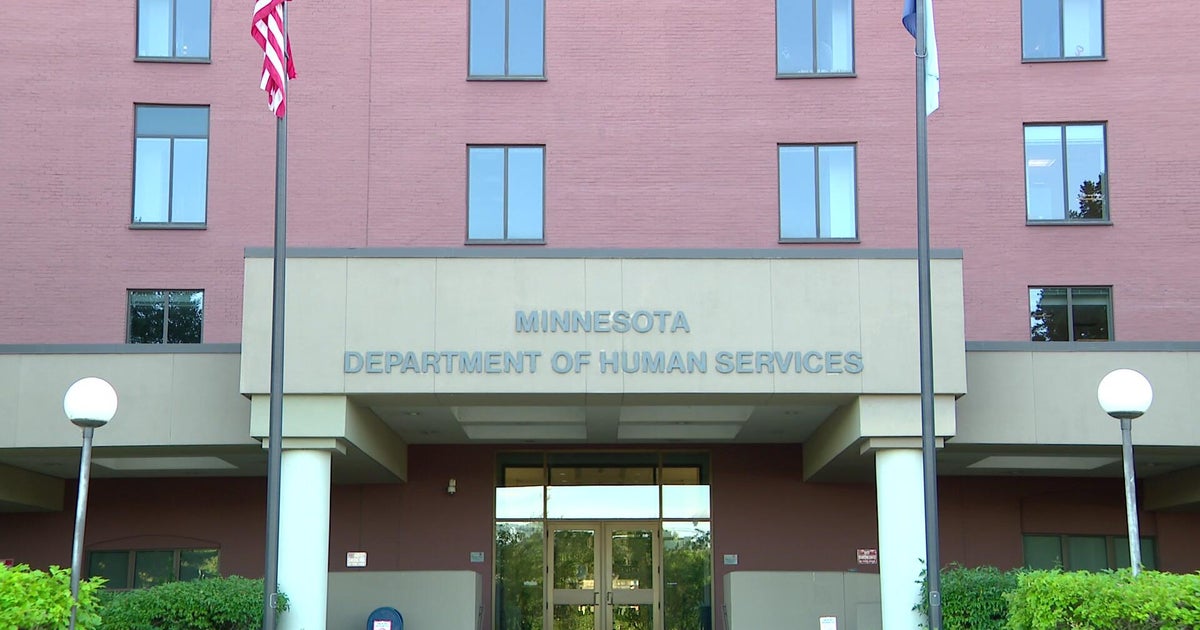Curious About Stores' Return Policies
BOSTON (CBS) -- This is the season to shop, which will be followed by the season to return. This year, many stores are changing their policies and requiring additional information from consumers before they will let them make an exchange.
Kelly from Franklin Declared her Curiosity, saying "I made a return and had the original receipt, and they asked for my I.D and I had to sign a ton of stuff."
Many stores are trying to stem losses associated with fraud, but there is also another motivation for the stores to learn more about you.
In the old days, most stores would take back just about anything. No receipt? No tags? No problem.
WBZ-TV's Paula Ebben reports
THINGS ARE DIFFERENT NOW
Professor Susan Dobscha, a marketing expert from Bentley University, said those old policies were an example of relationship marketing. It was a way for the stores to build trust and loyalty with the customers, which would hopefully lead to repeat visits.
These days, you'll need even more than just a receipt, however. More stores are requiring photo IDs, home addresses, phone numbers and even email information before you can make an exchange.
Dobscha observed, "It seems like now they're going in the totally opposite direction where they're trying to really batten down and hyper control the return policies."
Retailers say they need to crack down on returns because it costs them so much. On average, 10 percent of all purchases get brought back to the store. Some people also try to return shoplifted items for cash.
SHOPPERS' REACTIONS
Shoppers don't seem to like these measures. One woman said she is fine showing her driver's license because, "I feel they are just checking to make sure that's your credit card and everything, but I don't give out my personal information."
Another woman says this is annoying, because "I bought it, I paid for it, I have the receipt. Why do you need any more info than that?"
WHAT ELSE THEY WANT
The answer is marketing. Some retailers are using this information for more than just theft prevention.
Dobscha said the second motivation is to collect information for data bases. "So now you've returned something, so now we are able to get your information so that we can market better to you."
Shoppers don't like the idea of customer service turning into Big Brother. One woman felt this would just clog up her email, and said, "It's something more to delete."
Another shopper felt like her privacy was violated.
SHOPPERS' RIGHTS
Edgar Dworsky of consumerworld.org says when it comes to returns shoppers have rights, but only to a point.
"Technically, a merchant has to disclose their return policy clearly and conspicuously before you buy," Dworsky explained. "Could an argument be made that they have to also say 'We are going to require personal information when you return goods'? It's a little bit of a gray area."
Stores are also using this information to track repeat returners. If someone brings back too many things over a short period of time, they run the risk of being shut off altogether.
The retail industry estimated stores lost $10 billion last year alone because of bogus returns.







